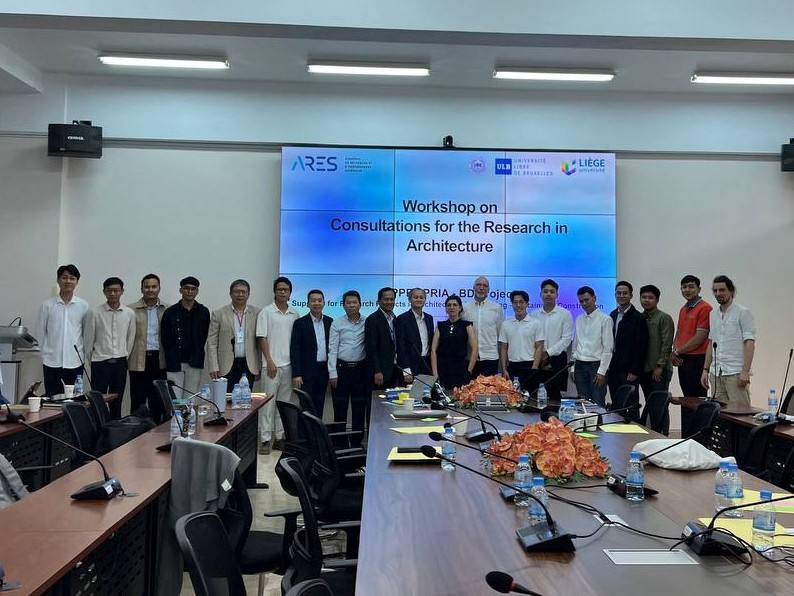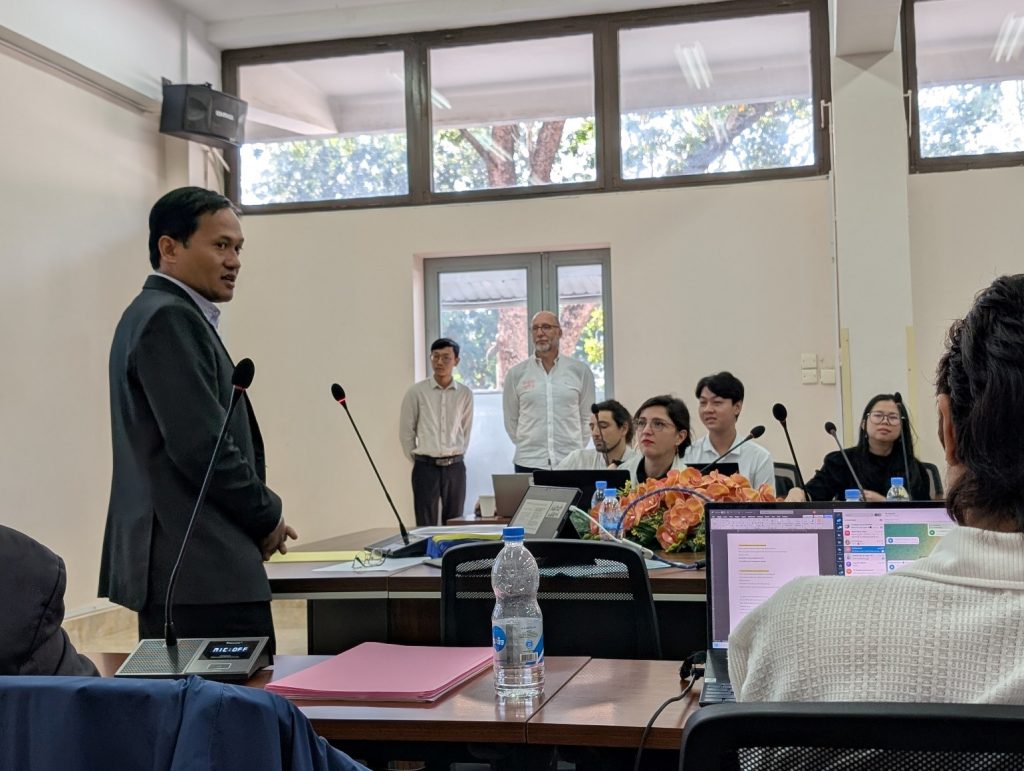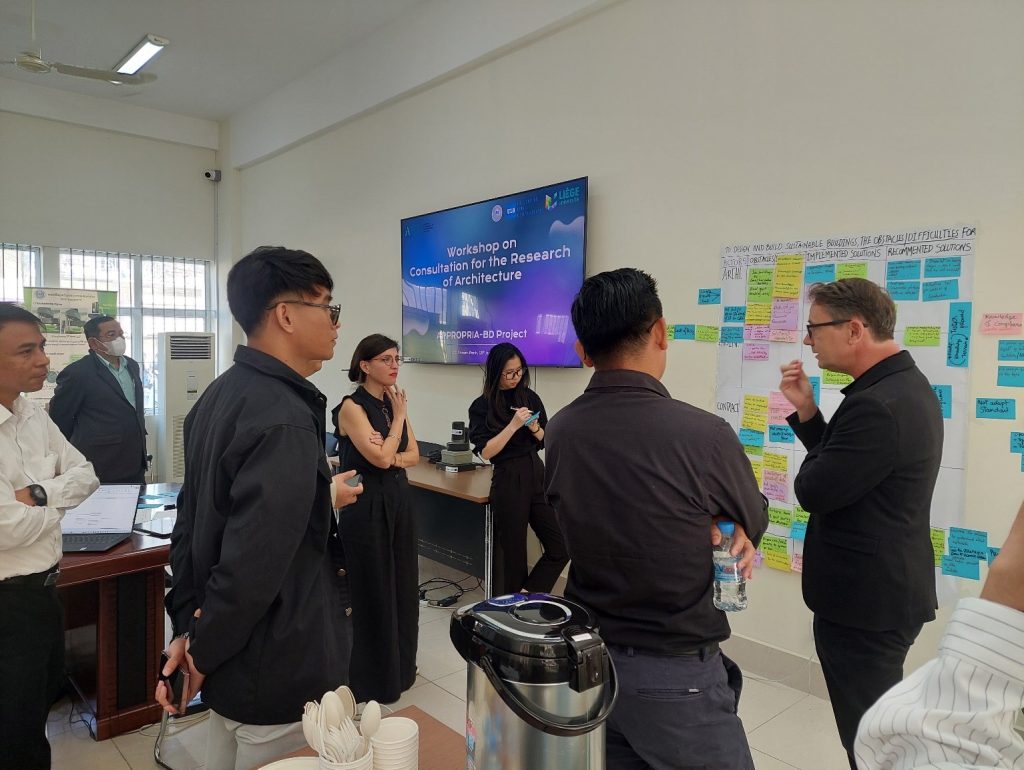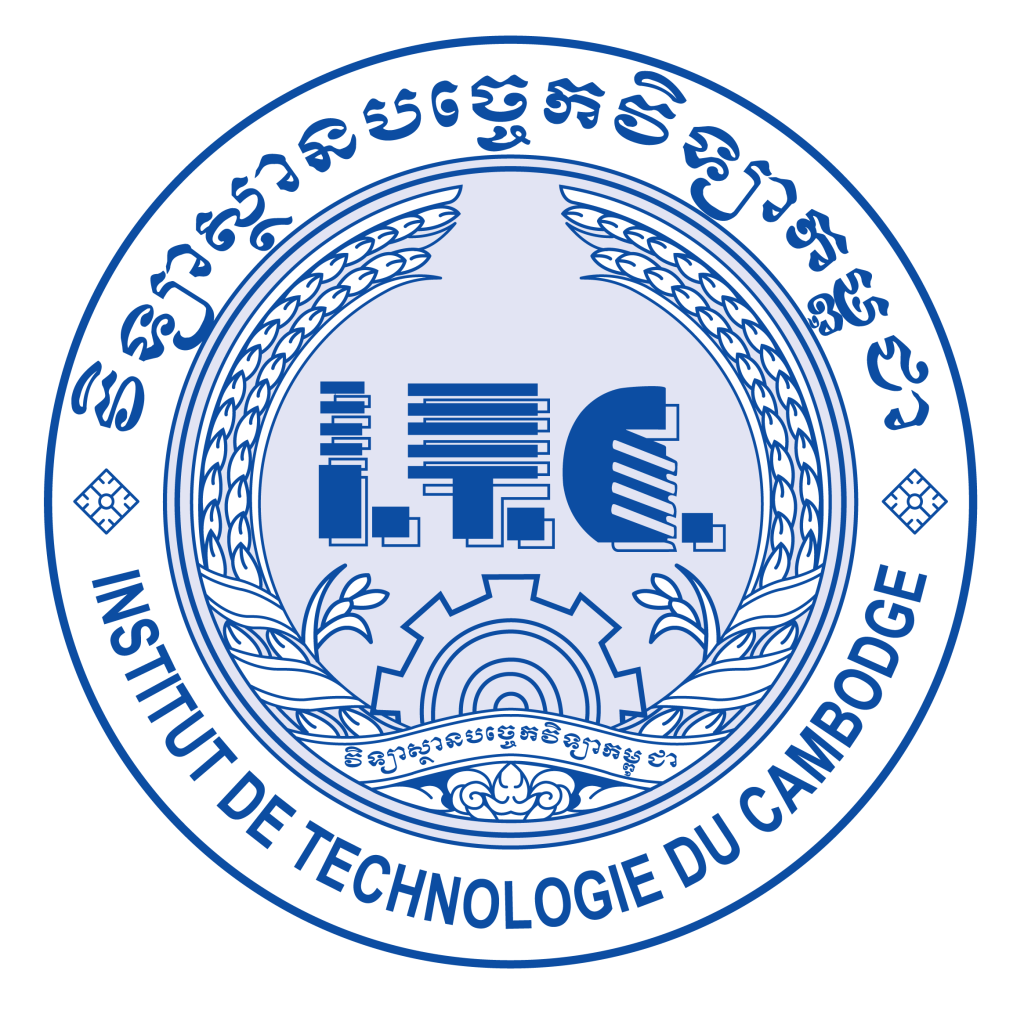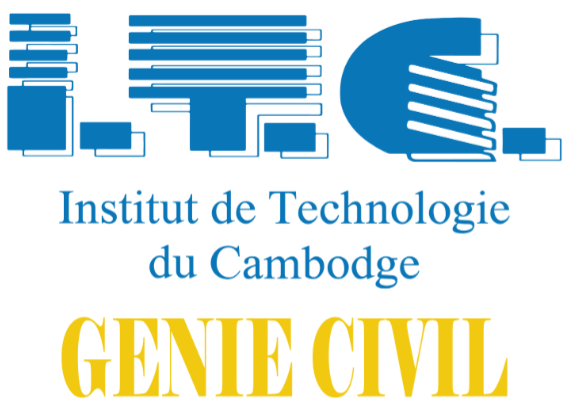ITC-Phnom Penh: On Monday, 13th of January 2025, Department of Architectural Engineering of the Faculty of Civil Engineering of ITC in collaborating with partners from Belgium, University of Liège (ULiège), Université Libre de Bruxelles (ULB), and ARES, organized a workshop on “Consultation for the Research in Architecture”. The workshop’s objective is to collect input and insight in the sustainable construction field in Cambodia, identify challenges and opportunities faced by construction actors and decision makers, and promote collaboration and engagements by bringing together the local stakeholders. This workshop is a part of the APPROPRIA project under the financial support of ARES 2026-2031. The objective of APPROPRIA is to reinforce the knowledge and know-how of actors in field of AEC (academic, professionals and public power) in sustainable engineering and architecture in Cambodia in a perspective to create a national scientific and technical center of sustainable construction.
Government, private, academic, and relevant institutions were invited to participate in this workshop. There are representatives from the Ministry of Environment, Secretariat of the National Council for Building Technical Regulation, Phnom Penh City Hall, Board of Architects Cambodia (BAC), Board of Engineers Cambodia (BEC) and Architect Association of Cambodia (AAC). For the academic institutions, we have participants from Royal University of Fine Arts (RUFA) and Norton University. There are also the participants from the private sector such as K Architecture, BLOOM Architecture, UCB Construction company, An Cuong Cambodia, Fuxin Steel Buildings Co., Ltd, and Archetype Cambodia.
The workshop was held from 9h00 to 17h15, starting with a plenary session followed by group discussion. The participants were separated into two groups for discussion in two different rooms. Group 1 worked on identifying the obstacles encountered in the practice, the solutions already put in place and the solutions the participants recommend to resolve, and the identification of research needs (knowledge/skills) and other needs. Meanwhile, Group 2 worked on Macro-sociological analysis. After completing the discussion of both groups, all the participants came together again for a session on the synthesis of reports from each group and exchange their opinions with another group. Before closing the workshop, the last session discussed the future potential of project APPROPRIA.
